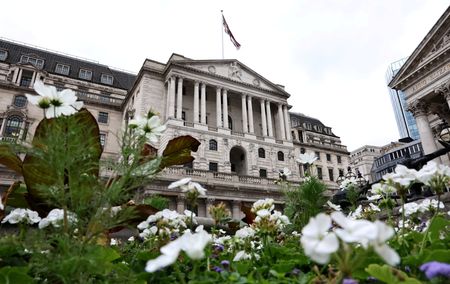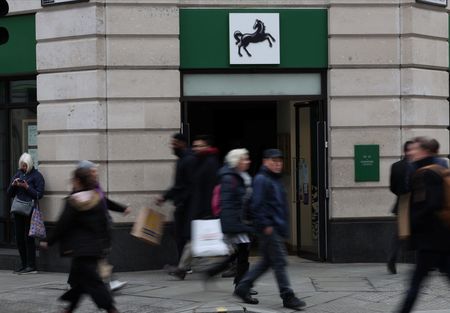MILAN (Reuters) -Unsustainable debt levels among the world’s poorest countries pose a risk to economic development and social stability and require innovative solutions, Italy’s central bank governor Fabio Panetta said on Wednesday.
Speaking at a conference in Rome, Panetta said schemes such as debt‑for‑development swaps could channel resources into education, health and climate policies, and action could no longer be delayed.
“Failure to act will leave 1.8 billion people behind, with consequences for global stability and justice,” Panetta said, noting that low-income countries facing unsustainable levels of public debt are home to nearly one quarter of the global population.
Progress in improving living standards in developing countries has stalled, he said, with the number of people living in extreme poverty in sub-Saharan Africa doubling between 1990 and 2020.
The consequences are being felt outside the countries directly affected, he added, citing irregular migration which is putting increasing strains on many advanced economies.
“Initiatives like Italy’s recent proposal to free up funds for African countries and reinvest them in locally owned development programmes are a promising path,” the bank of Italy chief said.
(Reporting by Sara Rossi, editing by Gavin Jones)










